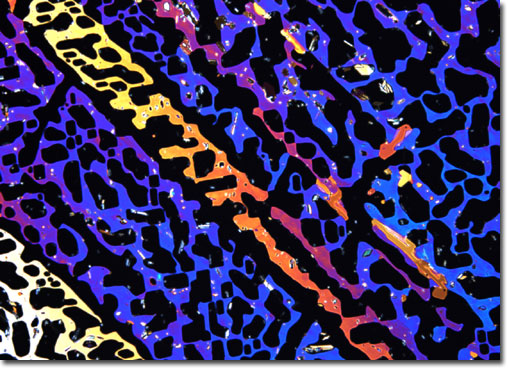|
Vitamin B12 is extremely important in the production of red blood cells in the body. Insufficient absorption of the vitamin, typically originating from the absence of a substance called the intrinsic factor that is usually secreted by the parietal cells of the stomach, is the cause of the condition known as pernicious anemia. Resulting in an inadequate amount of vitamin B12 in the body, the condition is characterized by an impairment of red blood cell development and symptoms that include pallor, breathing difficulty, feebleness, elevated pulse, digestive problems, and neurological damage. The prognosis of sufferers has been quite good since the discovery of suitable treatments in the early twentieth century. However, before that time, the condition was commonly fatal.
|
